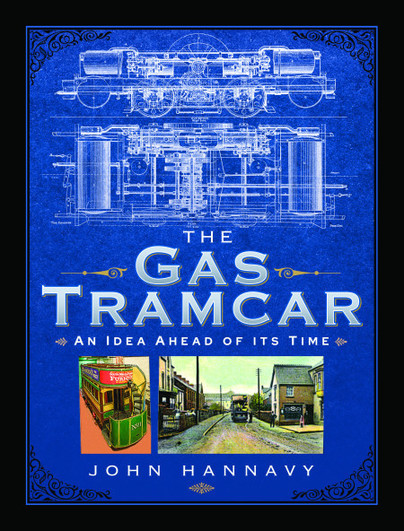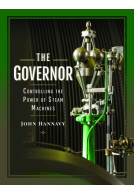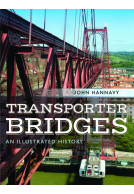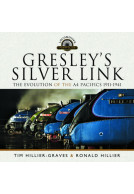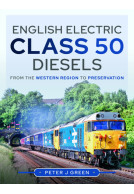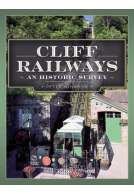The Gas Tramcar (Hardback)
An Idea Ahead of its Time
Imprint: Pen & Sword Transport
Pages: 208
Illustrations: 100 colour and 100 mono integrated
ISBN: 9781399096010
Published: 8th November 2022
(click here for international delivery rates)
Need a currency converter? Check XE.com for live rates
The Gas Tram was a short-lived phenomenon which briefly seemed to herald a new way forward in tramcar design, replacing horses and steam locomotives on the streets with quieter and smoother travel. One of the major advantages of the gas tram, according to those who proposed it, was the low capital cost of the conversion, and all without the need to install the expensive overhead catenary required for electric traction.
Designs for gas tramcars were patented all over the world, and systems were briefly operated in Germany, Australia, Holland, Switzerland and the UK, and proposed in France, New Zealand and the USA. The fuel was invariably domestic 'town gas' drawn from the local gasworks, and the vehicles were said to be very cheap to run.
This was a development which was probably a century ahead of its time – with twenty-first century gas systems, using much greener biomethane as a fuel, currently being developed in the UK, Korea, China and elsewhere, and biomethane-fuelled trams already in service in Dubai and Aruba.
Derived from the natural decomposition of organic waste which would otherwise be released into the atmosphere, biomethane is a clean and green alternative to fossil fuels.
Other vehicles, using hydrogen fuel cells to generate electricity, are being developed in several countries.
This book – the first ever comprehensive history of these vehicles – uses many previously unpublished photographs, drawings and patents.
"...the book is very well illustrated and there cannot be much more, if anything, to be said about the history and development of the gas tramcar. I certainly know much more now."
Tramway Review - September 2023
"The book is very well illustrated and there cannot be much more, if anything, to be said about the history and development of the gas tramcar. I certainly know much more now than when I started."
“Tramway Review”, the LRTA historical journal
As featured by
Light Rail Transit Association
As featured in
Model Engineer- Vol 230, No: 4717, 19 May - 1 June 2023
"This is a well-researched and interesting book exploring new ground...."
Railway and Canal Historical Society
"Well printed, with a plethora of illustrations, this is an interesting and informative book. Recommended."
Ffestiniog Railway Magazine - Spring 2023
Featured in
Model Engineer, no 4710
Original in scope, well researched, attractively presented and backed up with details of patents and a bibliography, the previously obscure gas tramcar now has an excellent history well up to the standard set by the author’s earlier books on transporter bridges and governors.
The Society of Model and Experimental Engineers Journal - Volume 31 No. 1 - February 2023
The book includes a huge number of high-quality photographs and engineering drawings: some of these latter are splendid examples of the art of engraving showing how, before computers, artists produced drawings of mind-blowing facility and producing excellent reference for model makers. It as a superb book being a painstaking and comprehensive overview of early tramway developments, supplying a potted history and thus providing an excellent source of reference of more than its main subject, the gas tramcar. It is beautifully produced and will surely become the established reference for its subject. It is highly recommended.
Tramfare magazine 330 (January-February 2023) - Tramway and Light Railway Society
As Featured on Dr Alexander Clarke Does Naval History Live Youtube (Bruships 92 - 2:56:13)
Dr Alexander Clarke
About Prof John Hannavy
John Hannavy is a writer and photographer with a passion for engineering history. His work regularly appears in heritage magazines. A retired academic, he has written extensively on railways and other forms of transport, steam-powered machines, the history of photography, and the industrial development of Victorian and Edwardian Britain. His previous books Transporter Bridges – an illustrated history and The Governor – controlling the power of steam machines, are both also published by Pen & Sword.







